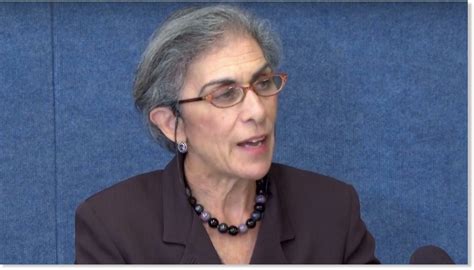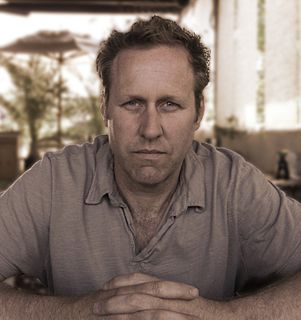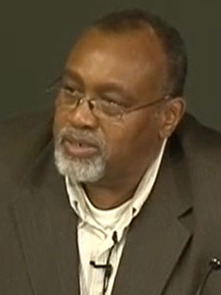A Quote by Tom Cotton
If anything, we have an under-incarceration problem.
Quote Topics
Related Quotes
A lot of the problems we have in our criminal-justice system, you know, the problem of over-incarceration, the problem of prosecutorial abuse, the problem of just this sort of mass crop of people, of plea bargains, they all have to do with the system being overloaded. If crime was lower, many of the problems would go away.
We have a serious problem with incarceration in this country. It's destroying families, it's destroying communities and we're the most incarcerated country in the world, and when you look deeper and look at the reasons we got to this place, we as a society made some choices politically and legislatively, culturally to deal with poverty, deal with mental illness in a certain way and that way usually involves using incarceration.
If we continue to tell ourselves the popular myths about racial progress or, worse yet, if we say to ourselves that the problem of mass incarceration is just too big, too daunting for us to do anything about and that we should instead direct our energies to battles that might be more easily won, history will judge us harshly. A human rights nightmare is occurring on our watch.
The land of the free - we've got an army marching around the world under the banner of freedom, and yet, we are the most un-free society, in terms of institutions of the deprivation of liberty, of incarceration. The incidents of incarceration is higher in the United States than elsewhere in the world.
I say a few good things about Canada in the book, you know. Americans are weird, though. We refuse to look at other countries. Start with Canadians - I want to think you aren't that different, so why can't we do our incarceration policies more like Canada? If we still had a 1970 level of incarceration which was the same as Canada's then and now, I never would have written this.
I think the biggest problem in our country is mass incarceration and the prison-industrial complex. From the Rockefeller drug laws to stand your ground to stop and frisk, all these are pointing people, especially and disproportionately black and brown people, towards the criminal-justice system. It's depleting whole generations of people.





























